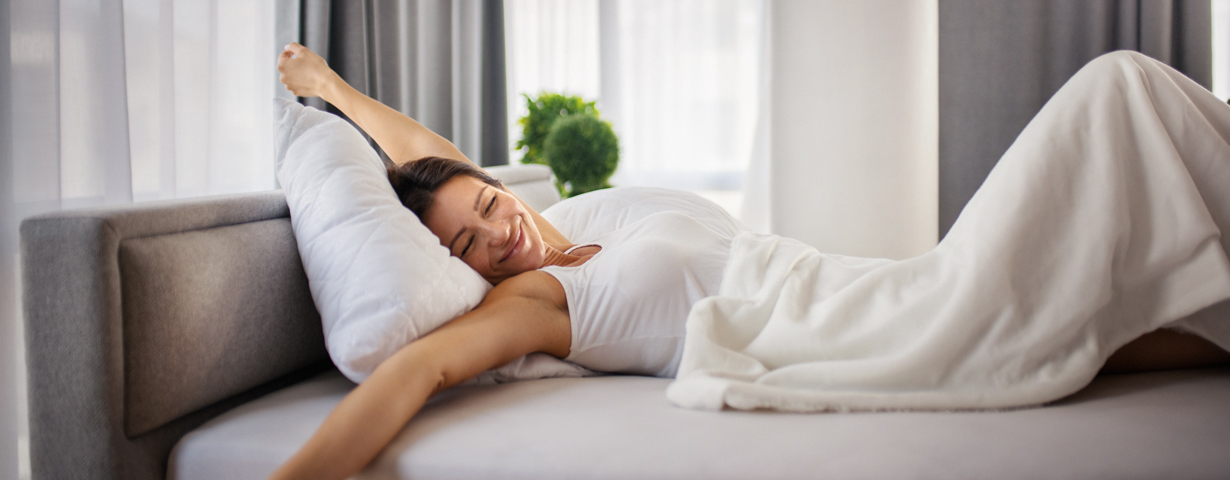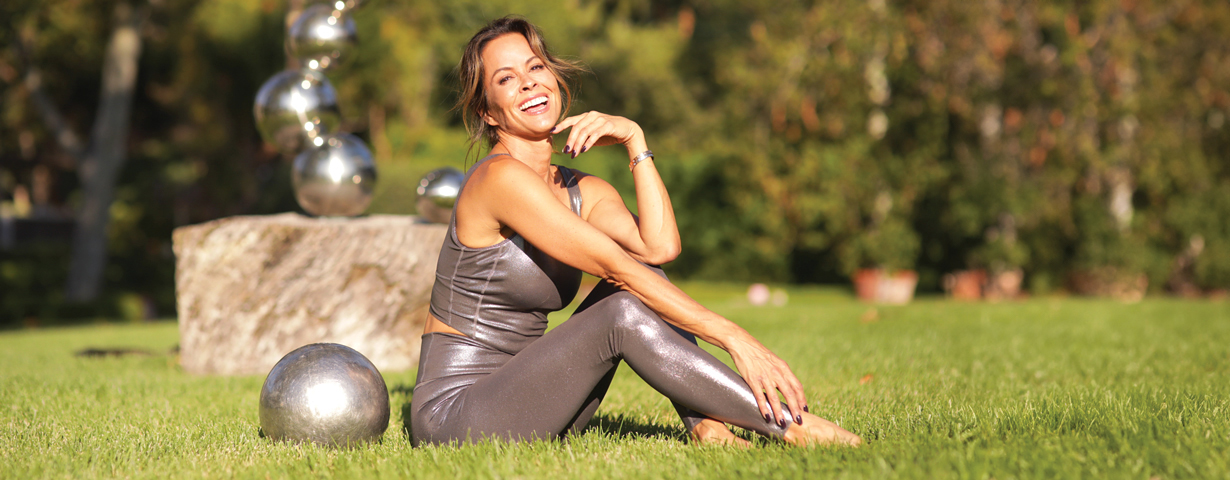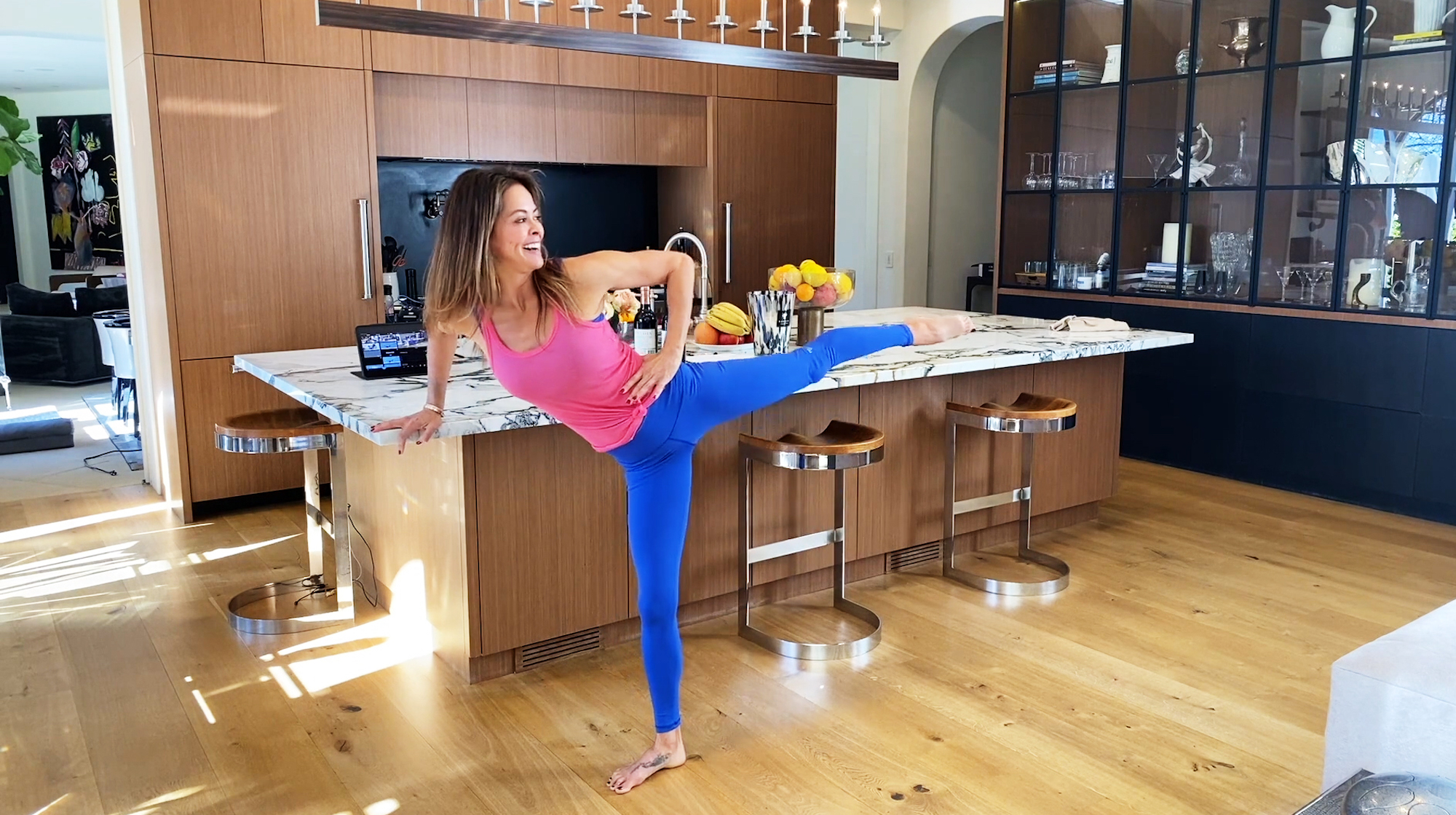
August is National Wellness Month, and there are so many ways to focus on your own self-care, healthy habits, and stress management.
One of the most overlooked, but critical parts of a self-care routine is consistent, quality sleep. So often, we come up with reasons not to prioritize sleep, and sometimes less sleep seems to be used as a bragging right. The truth is nothing can replace a good night’s rest. Once you accumulate sleep debt, there is no way to make up for it, not even by sleeping on weekends and definitely not with caffeine.
Why you need your 💤s
- More energy to crush your fitness goals. A peaceful night of slumber is the ultimate energy booster, and the more energy you have, the more likely you are to stick with your workout commitments. When you’re groggy throughout the day, the couch over a workout is just that much more tempting.
-
Maintain physical wellness. Lack of sleep has literally been linked to obesity, diabetes, and heart disease. It causes irregular hormone regulation, like increased appetite, blood sugar, and blood pressure. Getting enough zzz’s keeps your body healthy and regulated.
-
More alert, focused, and productive. It’s nearly impossible to be productive without enough rest. You’re more likely to rebound from distractions and focus on what needs your attention. Some may say they sleep less to get more done, but enough evidence shows you actually get more done if you get your needed sleep.
-
Stronger Immunity. When you’re asleep, your body creates the proteins it needs to fight off infections and protect you. Without enough sleep, you’re taking down your body’s defense mechanism.
-
Improved Mood. Study after study shows sleep and mental wellness are closely linked. Less sleep leads to more irritability, impulsiveness, and stress. Too much sleep debt can lead to even more severe mental health conditions, like anxiety and depression.
-
Better memory. Sleep is integral to learning and memory. Not only does it help you stay attentive to learn information in the first place, but the actual act of sleeping also allows your brain to form new pathways and store information in a way that helps you remember it.
Tips to get those 💤s
Here are some healthy practices you can adopt to help you get a rejuvenating night’s sleep.
-
Set a consistent sleep schedule. Pick a regular time to go to bed and wake-up at the same time each day, and make sure you’re getting 6-8 hours of sleep. When you maintain your body’s internal clock, it’s much easier to fall asleep and feel more awake.
-
Create a nighttime ritual. Our bodies are meant to gradually unwind before bed, and setting up specific habits can help. I love my nighttime routine: I light my lavender candle, read a few chapters of something inspirational, put my favorite relaxation essential oils on my wrists and temples, and then start deep belly breaths. In the background, I have a sleep playlist running that: includes meditation music, yoga tracks, and rainforest sounds. Think of what you want to do each night to cast your concerns aside and get into a restful mindset.
-
Make your rest nest. It might sound obvious, but your bedroom should be made for sleep. Remove distractions and make sure the room is cold, dark, and quiet. Electronics should be kept out (read more in the blog about digital intentionality ). Everyone’s rest nest and pre-nighttime ritual are different, so find a design that works for you.
-
Work out regularly. If you’re having trouble sleeping, look to your exercise routine. When you do high-intensity workouts, deep sleep comes more naturally. Exercise can help reduce stress and anxiety that may keep you up, and simply exhaust your body. Just don’t exercise too close to bedtime, or else your body might still be racing and not cooled down enough to sleep.
-
Don’t eat too close to bedtime. Eating too close to bedtime harms your sleep, and overall physical health. Make sure your last meal is no more than two hours before bedtime. When it comes to caffeine, you may want to avoid an afternoon cup of coffee. Also, despite how alcohol makes people drowsy, it can actually harm the quality of sleep later in the night.
How will you improve your sleep routine?
















